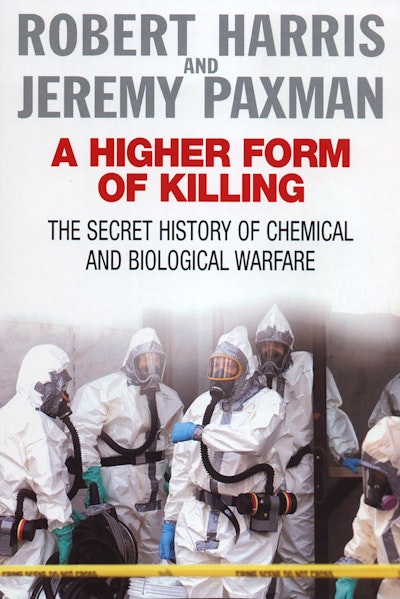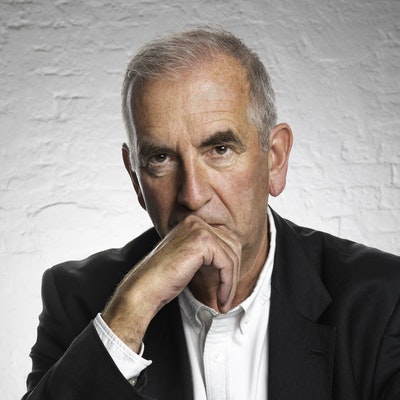[]
A Higher Form of Killing
Formats & editions
Buy from…
- Published: 5 April 2002
- ISBN: 9780099441595
- Imprint: Arrow
- Format: Paperback
- Pages: 336
- RRP: $29.99
Compelling... the authors make clear why governments have shrouded such weapon programmes in even more secrecy than their nuclear work.
Financial Times
An absorbing and unsettling history, an exhaustive exploration of a little-known but potentially apocalyptic aspect of warfare, the whole thing carrying the punch of Armageddon. It reminds us that the world could end not with a nuclear bang but in whimpers of fevered agony.
Chicago Sun-Times
The best account of gas and germ warfare available for the lay reader
Washington Post



